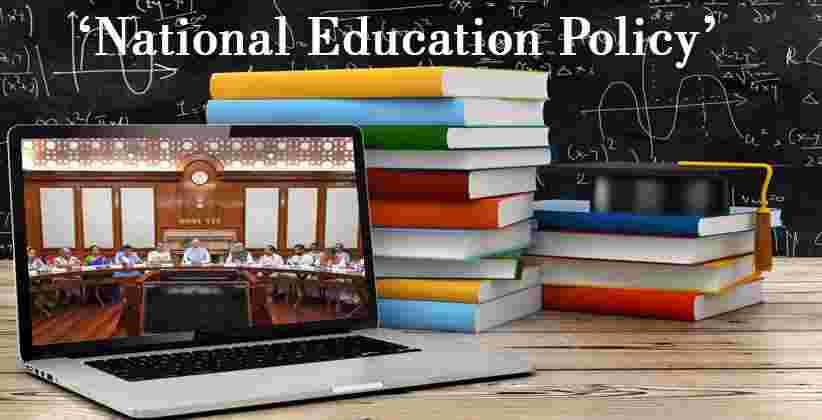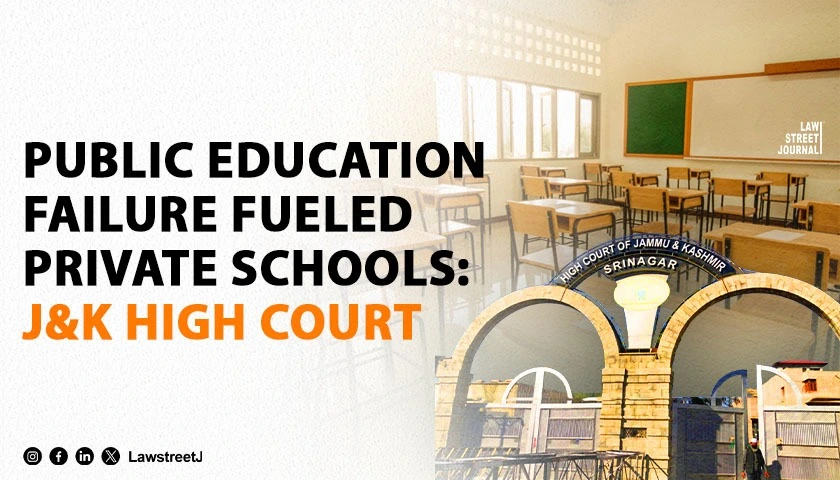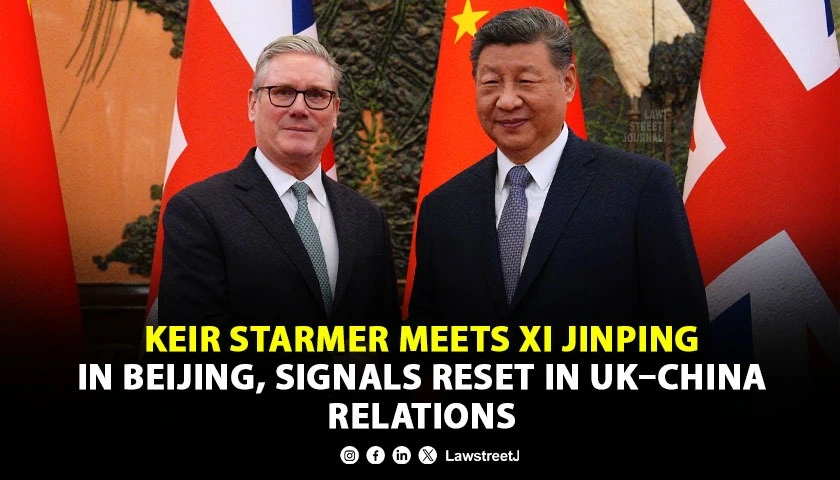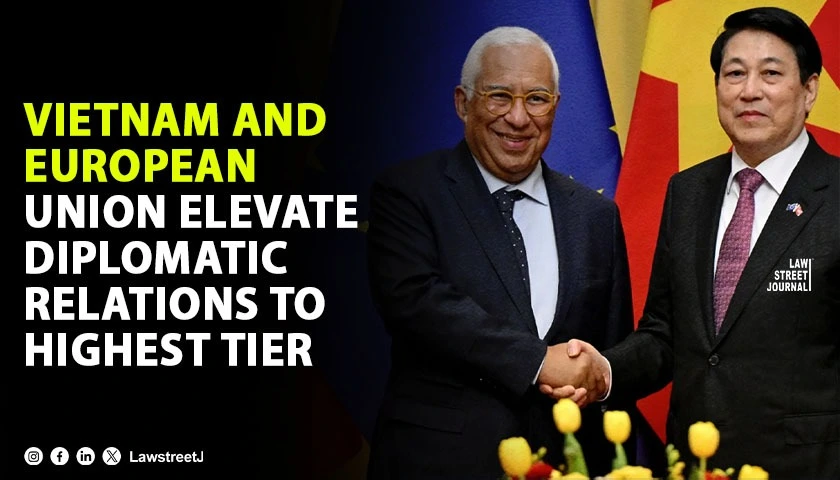A committee for drafting a national education policy has been set up and approved by Union Minister.
Committee for the Draft Education Policy was constituted under the chairmanship of eminent scientist Dr. K Kasturirangan and the draft was submitted on 31st May 2020.
Under the new policy, the earlier 10+2 structure is replaced with a new 5+3+3+4 curriculum structure corresponding to ages 3-8, 8-11, 11-14, and 14-18 years.
The policy reads, All students will take school examinations in Grades 3, 5, and 8 which will be conducted by the appropriate authority. Board exams for Grades 10 and 12 will be conducted by the appropriate authority. Board exams for Grades 10 and 12 will be continued but redesigned with holistic development as the aim. A new national Assessment Centre, PARAKH (Performance Assessment, Review, and Analysis of Knowledge for Holistic Development), will be set up as a standard-setting body.
The Higher Education Commission of India (HECI) will be the sole authority for the entire higher education excluding medical and legal education.
The policy has envisaged broad-based, multi-disciplinary, holistic undergraduate with flexible curricula, creative combinations of subjects, integration of vocational education, and multiple entry, and exit points with proper certification. UG education will be of 3 or 4 years with an exit option available. For instance, Certificate after 1-year, Advanced Diploma after 2 years, Bachelors Degree after 3 years and bachelors with research after 4 years. M Phil programs to be discontinued.
It further states that importance is to be given to mother tongue/ local language which will remain medium of instruction till grade 5 but preferably till grade 8 and beyond.
It also adds, Sanskrit to be offered at all levels of school and higher education as an option for students, including in the three-language formula. Other classical languages and literature India also to be available as options. No language will be imposed on any student. Students to participate in fun project/activity on The Languages of India, sometime in Grades 6-8, such as, under the Ek Bharat Shrestha Bharat initiative. Several foreign languages will also be offered at the secondary level. Indian sign language will be standardized across the country and National and State curriculum materials developed, for use by students with hearing impairment.
The policy further reiterated that National Curriculum Framework for Teachers Education, NCFTE 2021, will be formulated by 2030, and the minimum degree qualification will be a 4-year integrated B.Ed degree.








